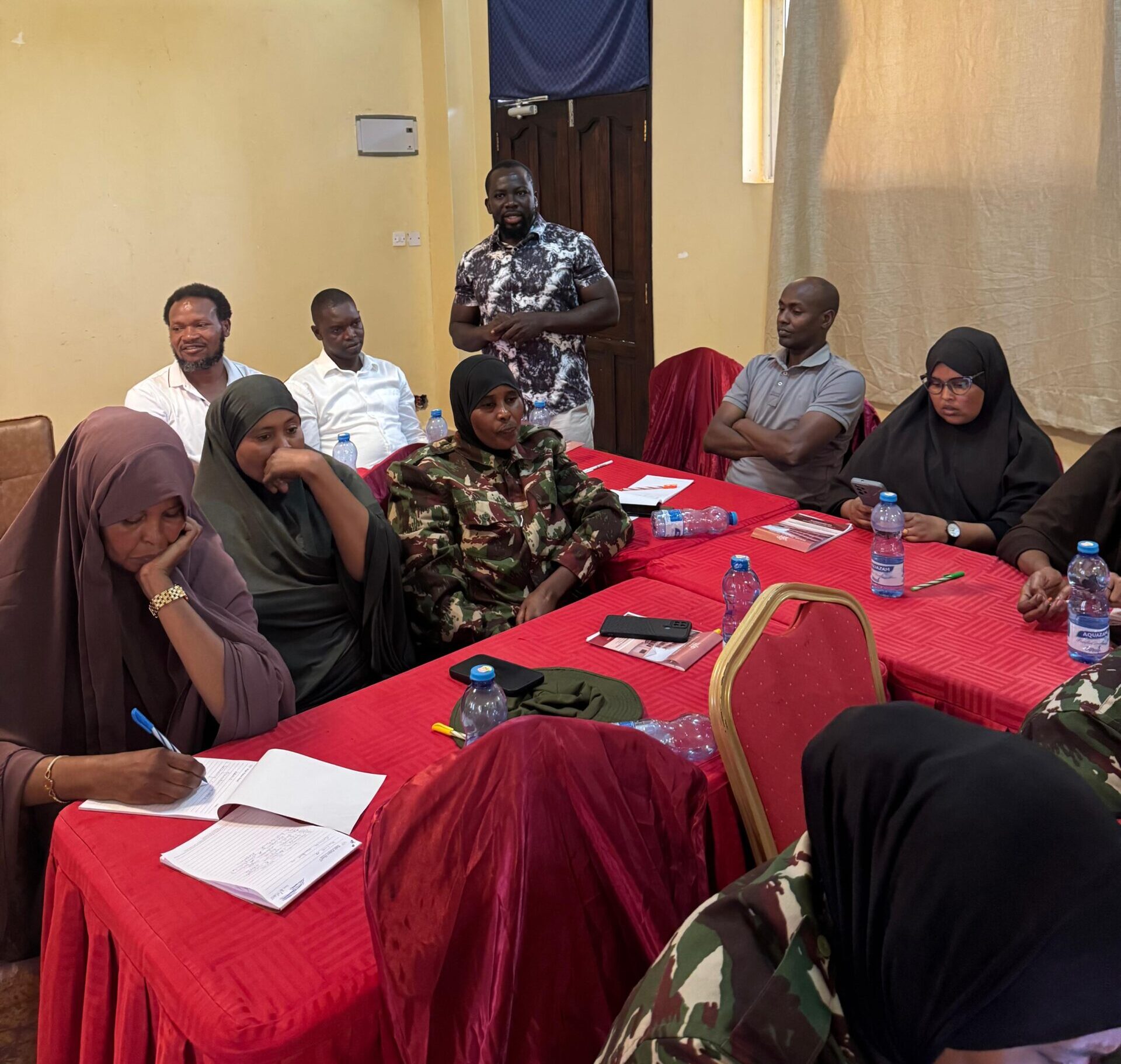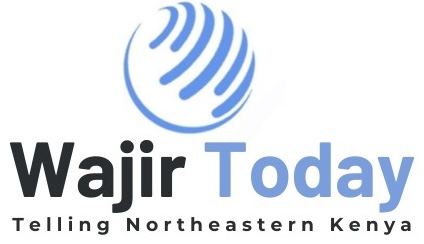
By Staff Reporter | Wajir Today | Friday, 3 October 2025
Wajir County law enforcement agencies have sounded the alarm over the rampant sale of expired goods in local shops, warning that the practice poses a grave threat to public health and undermines consumer rights.
Speaking during a training needs assessment meeting that brought together security officials, chiefs, the judiciary, and representatives from the Office of the Director of Public Prosecutions, Wajir Deputy County Commissioner Mr. Alex Murithi raised concern about the alarming trend, which he said was endangering lives across the county.
Murithi said unscrupulous traders exploit the community’s high illiteracy levels to sell expired and substandard products to unsuspecting consumers.
He warned that the practice is a ticking time bomb that may be linked to recent cases of renal failure and other severe health complications.
“We send a strong warning to traders who are taking advantage of vulnerable communities. Food and product safety is a shared responsibility, and we must all play our part in ensuring residents are protected from such dangers.” Murithi said
Authorities confirmed that several individuals have already been arrested in connection with the sale of expired goods. However, Murithi stressed that arrests alone are insufficient, calling instead for a robust multi-sectoral approach to effectively root out the problem.
Murithi urged residents to remain vigilant, encouraging them to carefully check expiry dates and packaging before purchasing goods. He also appealed to members of the public to report suspicious products to the relevant authorities.
Meanwhile, the meeting where the concerns were raised was convened to conduct a training needs assessment aimed at strengthening the capacity of state and non-state actors in combating harmful cultural practices such as Female Genital Mutilation (FGM), Gender-Based Violence (GBV), and child marriage.
The Kenya National Commission on Human Rights (KNCHR) hosted participants, drawn from law enforcement, the judiciary, and Office Of Public Prosecution discussing the gaps in existing interventions and exploring ways to better coordinate responses to harmful practices that continue to undermine human rights in the county.
The KNCHR assessment is expected to guide future training programmes, enhance collaboration, and ensure that those on the frontlines have the necessary tools to protect vulnerable groups, particularly women and children.

